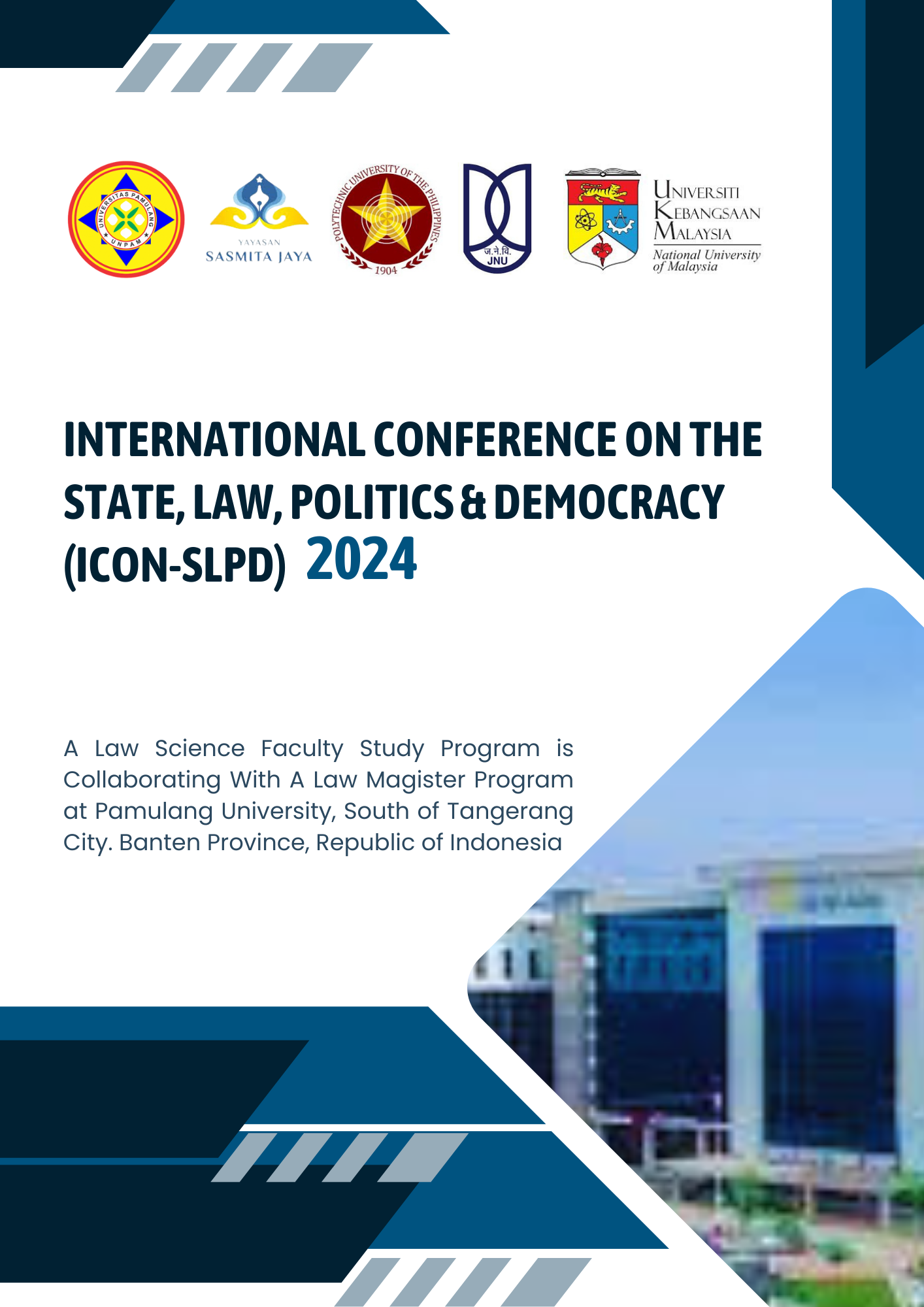Retroactive Principles In The Indonesia Singapore Extradition Treaty, What Impact It Has On The Eradication Of Corruption In Indonesia
Abstract
The 2022 extradition treaty between Indonesia and Singapore, with its retroactive basis, is the main focus in the context of law enforcement, especially in efforts to eradicate corruption in Indonesia. The retroactive principle includes the ability of an extradition treaty to permit the extradition of a person for a criminal offence committed before the treaty entered into force. In the context of combating corruption, the existence of retroactive principles can have significant implications. This study aims to analyze the impact of the retroactive principle in the 2022 Indonesia-Singapore extradition treaty on efforts to eradicate corruption in Indonesia. Through a normative legal analysis approach, this study examines the provisions contained in the extradition treaty and their relevance in the context of corruption law enforcement. The results of the analysis show that the existence of retroactive principles in the 2022 Indonesia-Singapore extradition treaty can have a complex impact on efforts to eradicate corruption in Indonesia. While the ability to extradite perpetrators of corruption crimes for acts committed before the treaty came into force may improve the effectiveness of law enforcement, it also raises ethical questions and legal fairness regarding the application of retroactive penalties. This study concludes that the retroactive principle in the 2022 Indonesia-Singapore extradition treaty has significant implications for efforts to eradicate corruption in Indonesia. Therefore, it is important for governments and relevant stakeholders to conduct a thorough evaluation of the impact of such provisions, as well as consider the necessary measures to ensure that law enforcement remains effective while taking into account the principles of justice and human rights.





